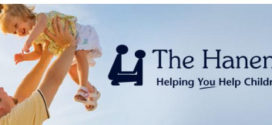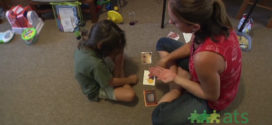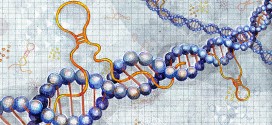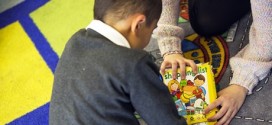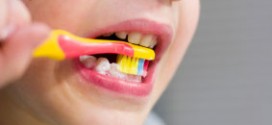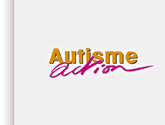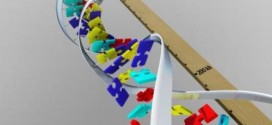By Lauren Lowry Hanen Certified Speech-Language Pathologist and Hanen Staff Member Note: “bilingual” refers to someone who speaks two languages; “monolingual” refers to someone who speaks one language The Facts: What We Know About Bilingualism Our world is becoming increasingly multilingual. Consider some of the following statistics: In Canada…. • 11.9 % of the population speaks a language …
Read More »Autism news
Errorless Learning: An Autism Teaching Strategies
Definition Errorless learning involves early and immediate prompting of the target, so that student response is sure to be correct. These immediate prompts guarantee success. Once the student is familiar with the target behavior, prompting is systematically faded until the student is able to respond correctly on his/her own. Early and immediate prompts Ensure success Prompts fade over time Student …
Read More »Intense world theory raises intense worries
Anna Remington, Uta FrithPublished:21 January 2014 In the past few years, a new theory of autism —the ‘intense world theory,’ proposed by Henry and Kamila Markram1, 2 — has attracted much interest from the popular press. Two welcome features of the theory are that it promotes a more positive view of autism and that the Markrams base it on a biological understanding …
Read More »No longer junk: Role of long noncoding RNAs in autism risk
Nikolaos Mellios, Mriganka SurPublished:4 March 2014 RNA acts as the intermediary between genes and proteins, but the function of pieces of RNA that do not code for protein has, historically, been less clear.Researchers have ignored these noncoding RNAs until recently for not complying with the central dogma of biology — that a straight line runs from gene to RNA (transcription) to …
Read More »Is it right to try to ‘normalize’ autism?
Chloe Lambert|The Guardian,Published: October 29, 2013 A year ago, Julie Barber came close to a nervous breakdown. Her son, Jack, who is four, has autism, and she felt overwhelmed by his demanding behaviour. “He was having two-hour meltdowns nearly every day,” says Barber, who lives with Jack in Thurrock, Essex. “I’ve got a bad back just from trying to manage him.” Her …
Read More »Clinical research: Study finds four types of autism severity
Jessica Wright | Published: October 4, 2013 Children with autism who have trouble with daily activities, such as brushing their teeth, and who lag on measures of cognition are the most likely to have persistently severe symptoms. The findings, based on a long-term study of children between 2 and 5 years of age, were published 2 August in the Journal of …
Read More »An innovative concept of temporary shelter for young adults with autistic disorder, in Royat 63 in France
XELOT Pascale | Published: Aug 05, 2010 Lightweight temporary accommodation for adults with autism. Preparing for adult life as independently as possible (independent for “Asperger’s autistic”) Lightweight temporary accommodation for adults with autism. Preparing for adult life as independently as possible (independent for “Asperger’s autistic”) through an individualized and tailored to the strengths and weaknesses of the person. Opportunities to enjoy leisure …
Read More »Study of nonverbal autism must go beyond words, experts say.
Sarah DeWeerdt | Published: 2 September 2013 Roughly 25 percent of people with autism speak few or no words. A generation ago, that figure was closer to 50 percent. Most researchers agree that the decline is due to the recognition of more people with milder forms of autism, as well as to the advent of early intervention programs that have helped more children develop …
Read More »A Potential Cause of Autism? Key Enzymes Are Found to Have a ‘Profound Effect’ Across Dozens of Genes Linked to Autism
Published: 28August 2013 Problems with a key group of enzymes called topoisomerases can have profound effects on the genetic machinery behind brain development and potentially lead to autism spectrum disorder (ASD), according to research announced today in the journal Nature. Scientists at the University of North Carolina School of Medicine have described a finding that represents a significant advance in the …
Read More »To Be Alive Means To Love
Published on Apr 22, 2013 “The more alive we are, the more we love.” – Ira Heilveil
Read More » INTERNATIONAL CHILD DEVELOPMENT CENTER “They may forget what you said but they will never forget how you made them feel” Carol Buchner
INTERNATIONAL CHILD DEVELOPMENT CENTER “They may forget what you said but they will never forget how you made them feel” Carol Buchner
